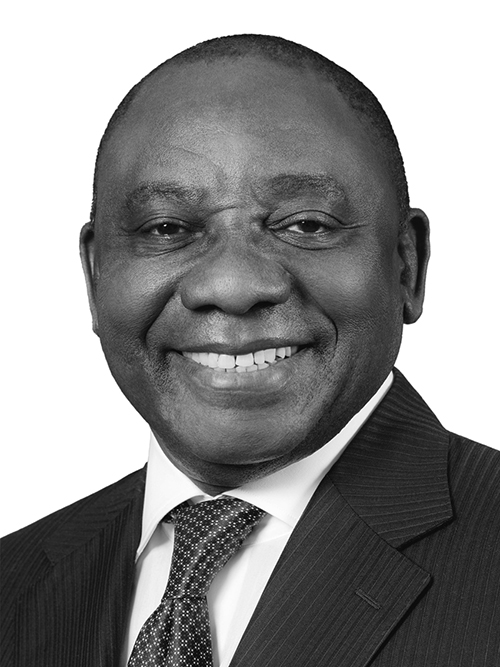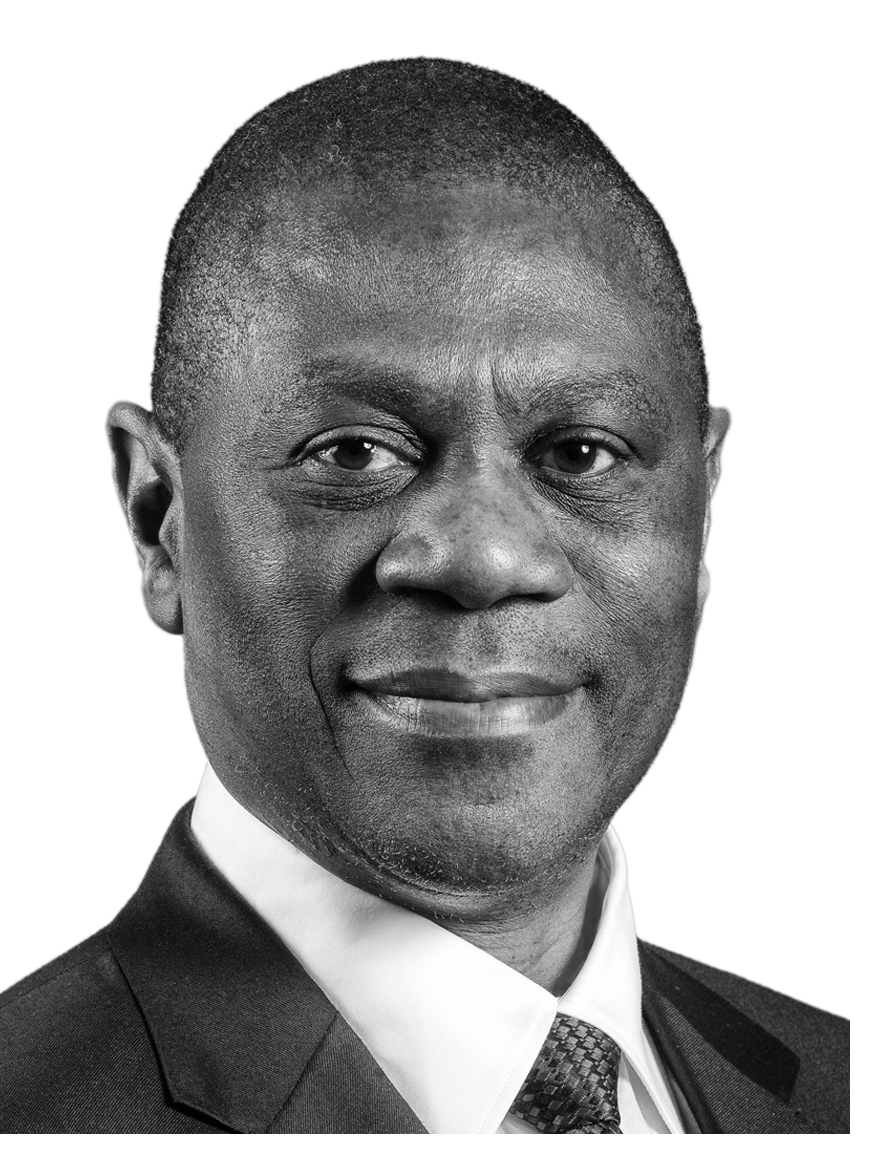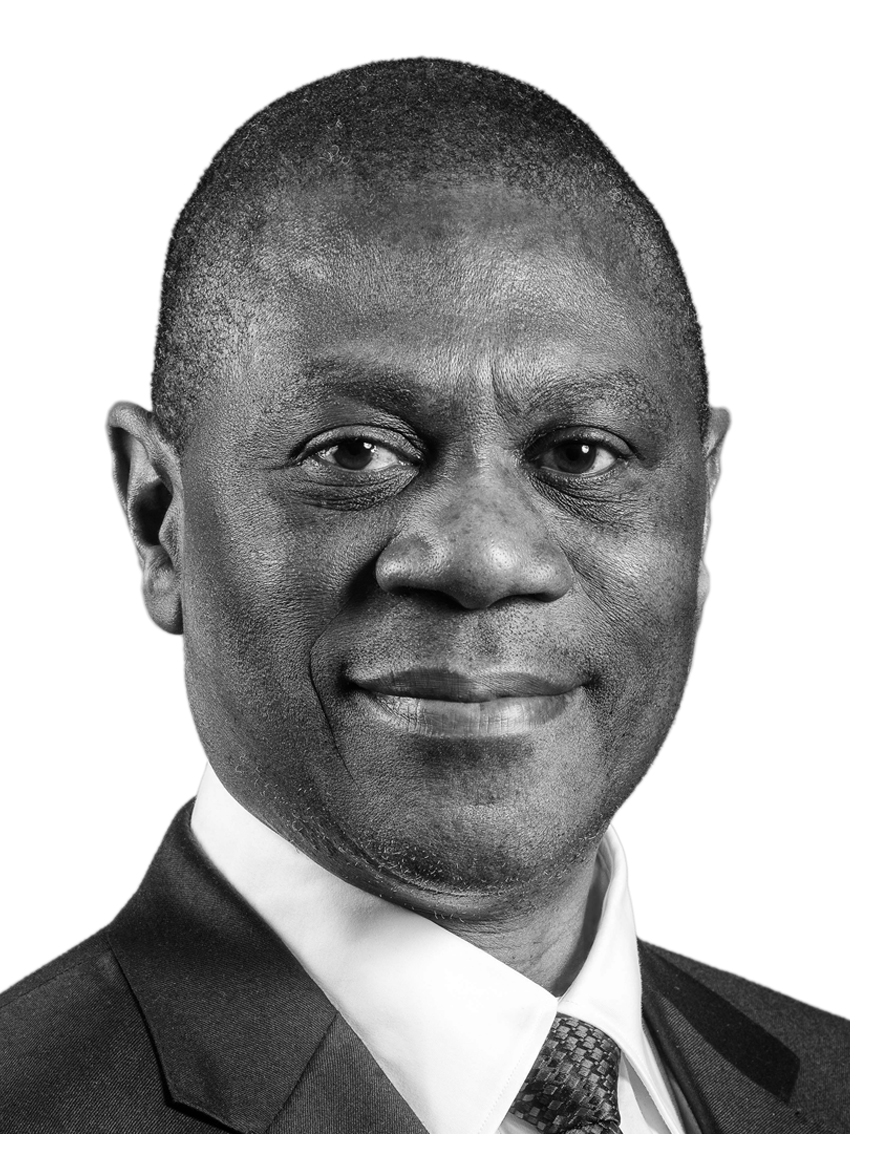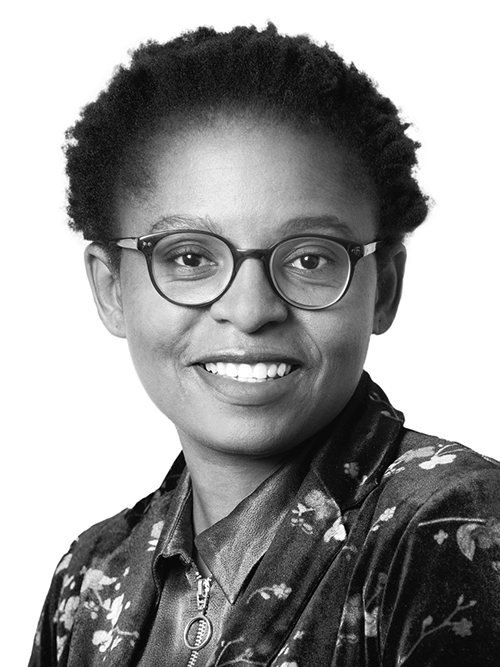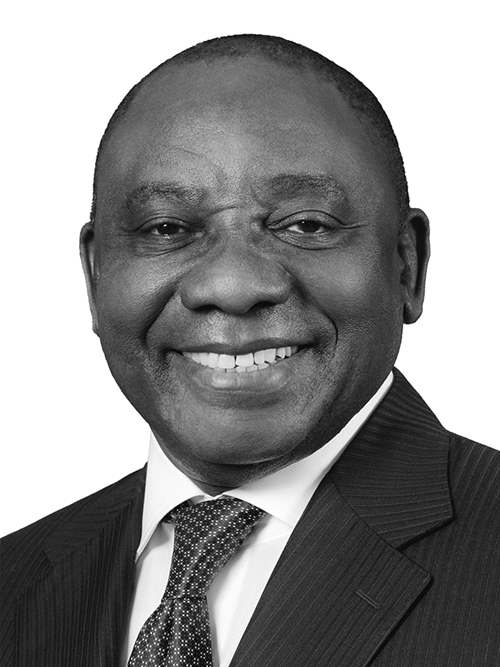Deputy President Shipokosa Paulus Mashatile, in his capacity as Leader of Government Business in Parliament, will tomorrow, Tuesday, 27 August 2024, deliver a keynote address during the first Three Sphere Planning Session of the National Council of Provinces (NCOP) of the 7th Parliament in Cape Town.
The planning session is convened under the theme: “Towards an Oversight Agenda for the Seventh Parliament: Delineating Key Oversight Priorities for the NCOP in the Seventh Parliament”. It is Parliament's strategic innovation, emphasising the critical importance of joint and integrated planning as well as encouraging all spheres of Government to work collaboratively in the planning and implementation of programmes.
The planning session is aimed at ensuring that the NCOP institutionalises and implements a comprehensive three sphere-planning oversight framework and mechanism, in line with the constitutional mandate of promoting the principles of Cooperative Governance Coordination. This would, to a greater extent, enhance the effective implementation of key transformation priorities, in line with National Development Plan Vision 2030.
Among others, Deputy President Mashatile has been tasked to assist President Cyril Ramaphosa in rolling-out the District Development Model, to ensure the effective coordination of the different spheres of Government, with the aim of improving the functioning of municipalities as well as addressing service delivery challenges facing communities.
The institutionalisation of the District Development Model in this regard, has gained the necessary momentum, following the publication of the Regulations in terms of section 47(1) (b) of the Intergovernmental Relations Framework Act 13 of 2005, which will provide the much anticipated regulatory framework for coherent planning, budgeting and service delivery implementation across the three spheres of Government, jointly with the business sector, traditional leaders, organised labour and faith- and community-based organisations.
The session will be attended by Members of the NCOP, Ministers and Deputy Ministers, representatives of the National Planning Commission, Members of the Provincial Executive Councils, Mayors, SALGA National Executive Committee, Legislative sector representatives, academics, as well as institutions supporting democracy.
Deputy President Mashatile will address the NCOP planning session as follows:
Date: Tuesday, 27 August 2024
Time: 12h00
Venue: NCOP Chamber, Parliament, Cape Town
For more information, please contact Mr Sam Bopape on 082 318 5251.
Media enquiries: Mr Keith Khoza, Acting Spokesperson to the Deputy President on 066 195 8840.
Issued by: The Presidency
Pretoria





